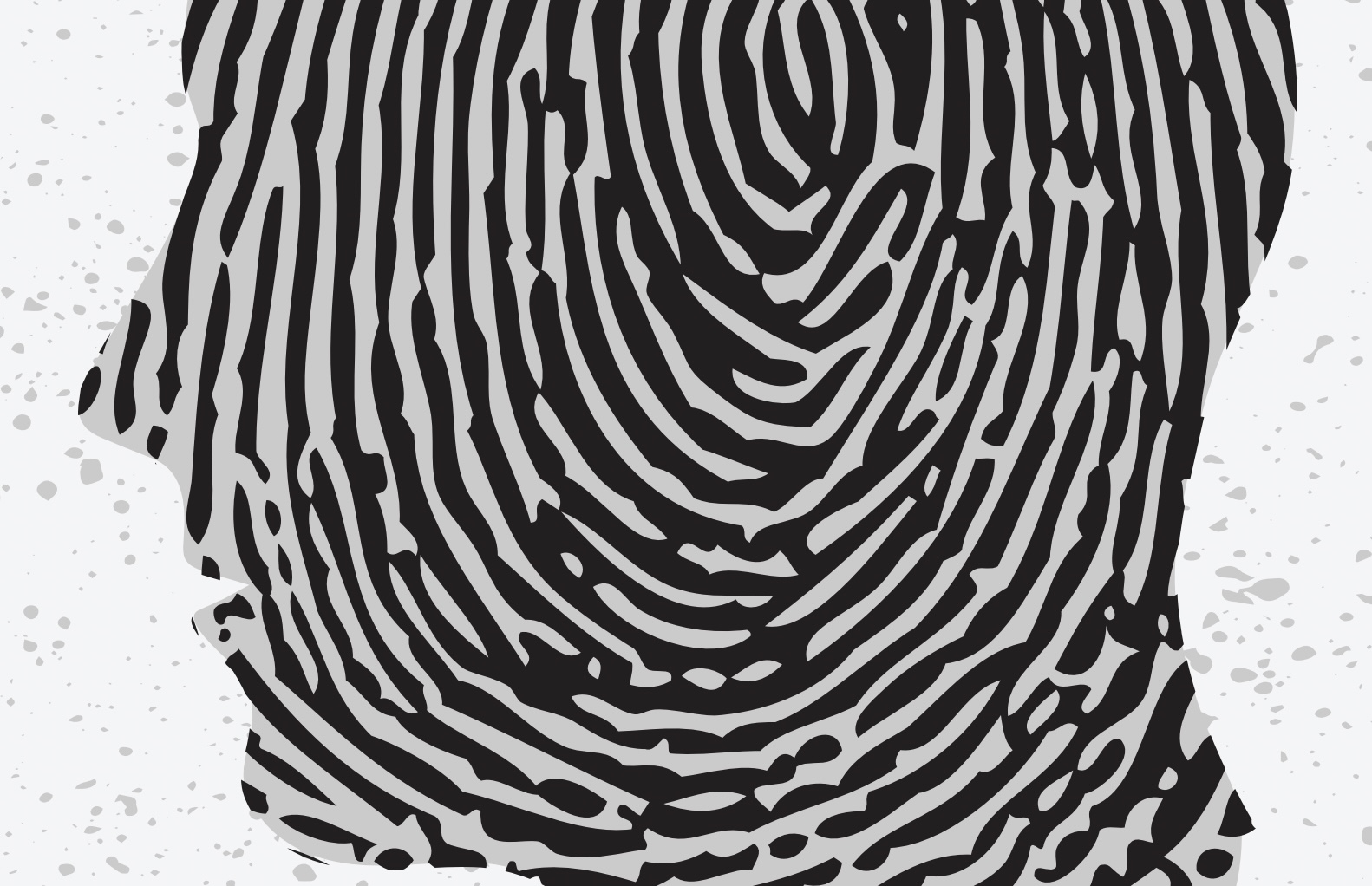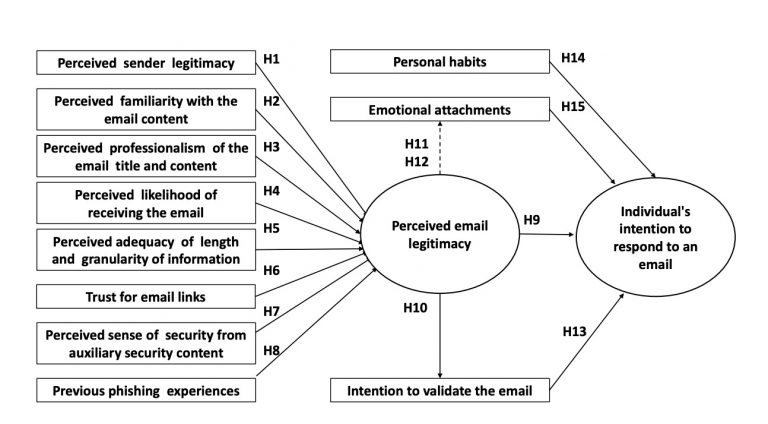Are digital IDs a “digital road to hell”?

Global actors, led by the World Bank, are energetically promoting biometric and other digital ID systems that are increasingly linked to large-scale human rights violations, especially in the Global South.
A report by researchers at New York University and published by the University’s Center for Human Rights and Global Justice, warns that these systems, promoted in the name of development and inclusion, might be achieving neither. Rather than the equitable digital future envisioned by the World Bank and its Identification for Development (ID4D) Initiative, the report argues that “despite undoubted good intentions on the part of some, [these systems] may well be paving a digital road to hell.”
From the press release:
Drawing inspiration from the Aadhaar system in India, the dangerous digital ID model that is being promoted prioritizes what the primer refers to as an ‘economic identity’. The goal of such systems is primarily to establish ‘uniqueness’ of individuals, commonly with the help of biometric technologies. The ultimate objective of such digital ID systems is to facilitate economic transactions and private sector service delivery while also bringing new, poorer, individuals into formal economies and ‘unlocking’ their behavioral data.
Unlike ‘traditional systems’ of civil registration, such as birth registration, this new model of economic identity commonly sidesteps difficult questions about the legal status of those it registers and the rights associated with that status. The promises of inclusion and flourishing digital economies might appear attractive on paper, but digital ID systems have consistently failed to deliver on these promises in real world situations, especially for the most marginalized. In fact, evidence is emerging from many countries, most notably the mega digital ID project Aadhaar in India, of the severe and large-scale human rights violations linked to this model. These systems may in fact exacerbate pre-existing forms of exclusion and discrimination in public and private services. The use of new technologies may furthermore lead to novel forms of harm, including biometric exclusion, discrimination, and the many harms associated with “surveillance capitalism.”



